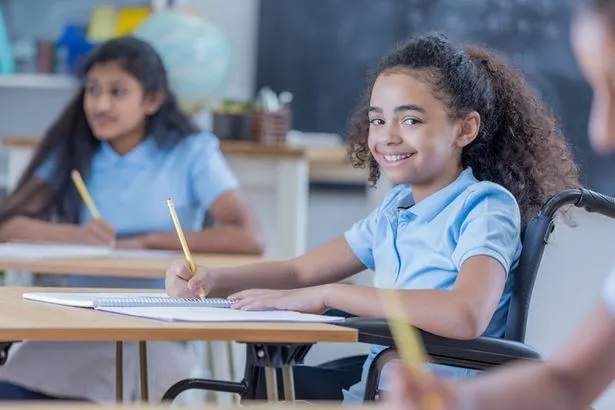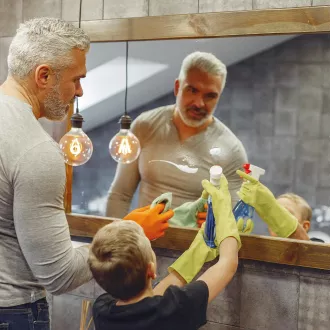Transcription Importance of personal hygiene in children's autonomy.
Personal hygiene is a fundamental habit in the development and growth of a child, since it promotes the care of their body and health, as well as the prevention of diseases and infections. Therefore, it is of vital importance to promote independence in personal hygiene from an early age, as this will allow them to acquire the necessary skills and abilities to take care of themselves and their wellbeing.
In this point, the importance of personal hygiene in children's autonomy will be discussed in depth, and the various ways in which this skill can be fostered in children will be described. In addition, some possible challenges and solutions that can be presented when teaching children to be independent in their personal hygiene will be addressed.
Importance of personal hygiene
When it comes to child autonomy, fostering independence in personal hygiene is critical. Through this process, children learn to take care of themselves and develop responsibility and self-confidence. In addition, learning to be independent in personal hygiene helps them develop their self-esteem and self-concept, as they feel capable of performing tasks on their own.
In this sense, personal hygiene is not only important for children's health and physical well-being, but also contributes to their emotional and psychological development. When children are able to take care of themselves, they feel more secure and confident, which helps them to function more effectively in their environment.
On the other hand, encouraging independence in personal hygiene also helps parents and caregivers to delegate responsibilities and reduce workload. If children are able to take care of their personal hygiene on their own, parents and caregivers can devote more time and attention to other important tasks.
How to encourage independence in personal hygiene?
Encouraging independence in personal hygiene is a gradual process that requires patience, dedication and consistency. Below are some strategies and tips for encouraging independent personal hygiene in children:
- Start early: It is advisable to begin encouraging independence in personal hygiene from an early age. Children can begin learning to brush their teeth and wash their hands as early as 2 years of age, for example.
- Be a good role model: Children learn from what they see in their parents, their behaviors, attitudes and habits. In addition, it is important to teach children to wash their hands properly after going to the bathroom, before eating, after playing outdoors and after touching animals or dirty things. They should also learn to brush their teeth at least twice a day and to floss and use mouthwash when necessary.
Personal hygiene also includes daily showering or bathing. Children should learn to wash their entire body thoroughly with soap and rinse properly to avoid bacteria buildup and odors. It is important for parents to supervise the showering or bathing process for children, especially when they are very young, to ensure that they are clean and safe.
Challenges and solutions
Some of the challenges that may arise in encouraging independence in personal hygiene include children's lack of interest or resistance, lack of skills or knowledge on the part of parents, lack of time or resources, and lack of safety or risks associated with certain activities.
To address these challenges, it is important for parents or caregivers to develop effective strategies to teach personal hygiene and encourage independence in children. Some of these strategies may include:
- Creating a safe and comfortable environment for children to learn to take care of their bodies. For example, making sure the bathroom is clean and tidy, providing age- and size-appropriate personal hygiene products, and making sure the water is at a safe temperature for the child.
- Establish a consistent, daily routine for personal hygiene so that children become accustomed to doing it regularly. For example, establish a schedule for washing hands before eating and after using the bathroom, and a schedule for showering.
hygiene autonomy children




